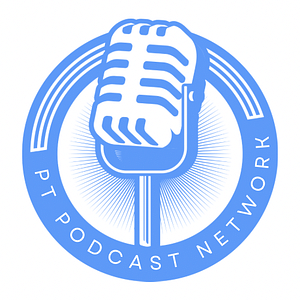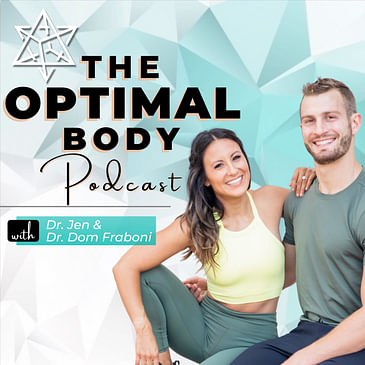Devin takes a deep dive into the complexities of sleep, beginning with his personal journey towards understanding its significance. He explores the development of insomnia and its implications for individuals. Continuing, Devin sheds light on the physiological processes our bodies undergo during sleep, emphasizing its importance. He also highlights common mistakes people make regarding sleep and offers insights into addressing these errors. Transitioning to practical advice, Devin shares screen recommendations and healthy sleep habits, along with tips for managing emergency sleep-related situations. He further discusses daytime practices to improve sleep quality and offers practical solutions for those with limited time. Exploring sleep aids, Devin examines the effectiveness of sleeping medications. Additionally, Devin discusses the impact of environmental factors on sleep, including the relevance of sound machines. He also addresses how menopause and hormonal changes can disrupt sleep patterns, as well as the role of movement in promoting better sleep. Let's dive in!
VivoBarefoot Discount:
Save your kids feet! Your feet have the components they need to support themselves! That's why we love VivoBarefoot because the shoes themselves help us gain mobility and strength in our feet. Live that barefoot life in style, choose VivoBarefoot and use code TOB at checkout to get 15% off! Your foot and body will thank you (affiliate link)!
**Vivo offers a 100-day trial period. If you are not completely satisfied, you can send the shoes back and get a refund.
Needed Discount:
Prenatal supplements? Male prenatal vitamins for sperm support. No unnecessary fillers at the highest quality of nutrients and it's all sustainably sourced! With 7x more choline, 6x vitamin B3, 20x more vitamin B6, use code OPTIMAL for 20% off.
What You Will Learn in This Interview with Devin Burke:
7:10 - What got Devin into the realms of sleep.
9:25 - How do you develop having insomnia?
12:47 - What our body is doing during sleep?
14:50 - Mistake you are making around sleep.
17:00 - The second mistake you are making to sleep.
19:02 - Screen recommendations and healthy habits for sleep.
21:25 - Emergency situations!
24:20 - What can you do during the day to sleep better!
28:45 - Don’t have time? Here are your practical solutions.
30:58 - Sleeping medications and aids.
32:06 - How much does your environment affect sleep quantity and quality?
36:15 - What about sound machines? Do you need one?
38:00 - Menopause an hormonal changes affecting sleep?
40:45 - How much does movement play a role in getting to sleep.
43:10 - Learn more from Devin.
To learn more about this episode and view full show notes, please visit the full website here: https://jen.health/podcast/355
Thank you so much for checking out this episode of The Optimal Body Podcast. If you haven’t done so already, please take a minute to subscribe and leave a quick rating and review of the show!


